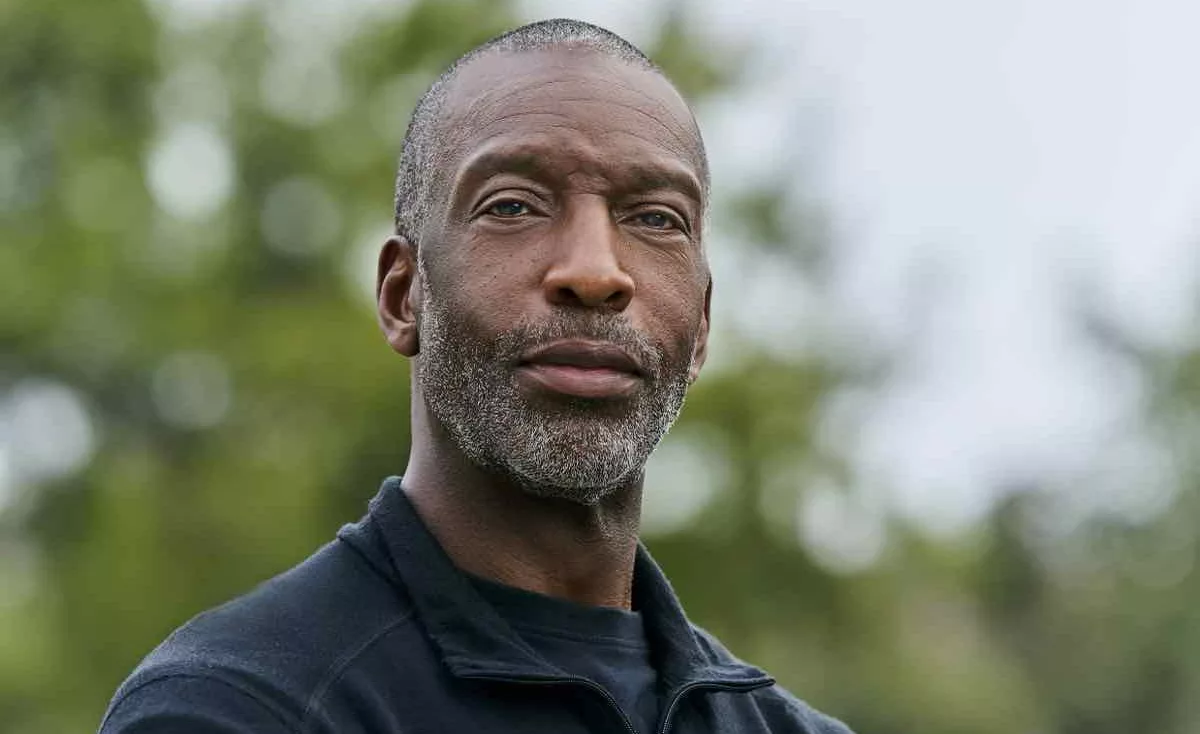Keirin cycling isn’t the only Olympic-focused sport seeking to reinvent itself with a mass-audience, narrative-driven, regular-season concept.
Legendary American 200m and 400m runner Michael Johnson is behind a new initiative, Grand Slam Track which promises to fill the four-year gap between Olympic Games.
Following the models of tennis and golf, the new series will run four three-day Grand Slam events each year between April and September, starting in spring 2025.
Gamechanging prize money
48 athletes will be designated Grand Slam Racers, committing to compete in all four major events. In return they will receive an annual base compensation, and the chance to compete for gamechanging prize money up to US$ 100,000 per event.
Another 48 will be Grand Slam Challengers, receiving a set appearance fee to compete at individual Slams.
The marketing of each event will focus on head-to-head rivalries between competitors, not overall classifications or winning times – although times recorded at Grand Slam Track will count towards World Athletics standards and rankings.
Grand Slam Track is backed by the Washington DC-based Winners Alliance, the commercial arm of the Professional Tennis Players Association, whose interests have already spread into other sports.
‘Out of the sport’
Speaking to the BBC during their Olympic coverage, Johnson described his plans in terms which will be remarkably familiar for anyone following the development of DerbyWheel. He said:
“I’m building Grand Slam Track because of what I’m seeing in my own sport. You’ll have hundreds of millions of people watching these great athletes during this Olympic Games, and they will love what they see – and then they want more, and there is no more, for another four years.
“The global championship model for track (athletics) is very healthy. At the moment, the way the sport is structured, that’s all that matters, and that’s all that really exists for the athlete.
“If you win all of the meets for 3 years, but you don’t medal at a world championship or the Olympics, you don’t have a career. You’re out of the sport. You can’t make money, no-one knows who you are, there is nothing for you. And that’s a problem.
‘Rising tide’
“You can’t click your fingers and just immediately grow a huge audience for a sports property,” Johnson accepts. “That’s going to take us some time, and we know that. We’re in this for the long haul.”
But unlike DerbyWheel, Grand Slam Track appears to have its sport’s world governing body on its side.
World Athletics president Seb Coe told the Daily Telegraph: ‘It doesn’t surprise me that athletics is an attractive proposition. I welcome innovation.
“I also welcome external resource. If you’ve got a rising tide, everyone benefits.”
